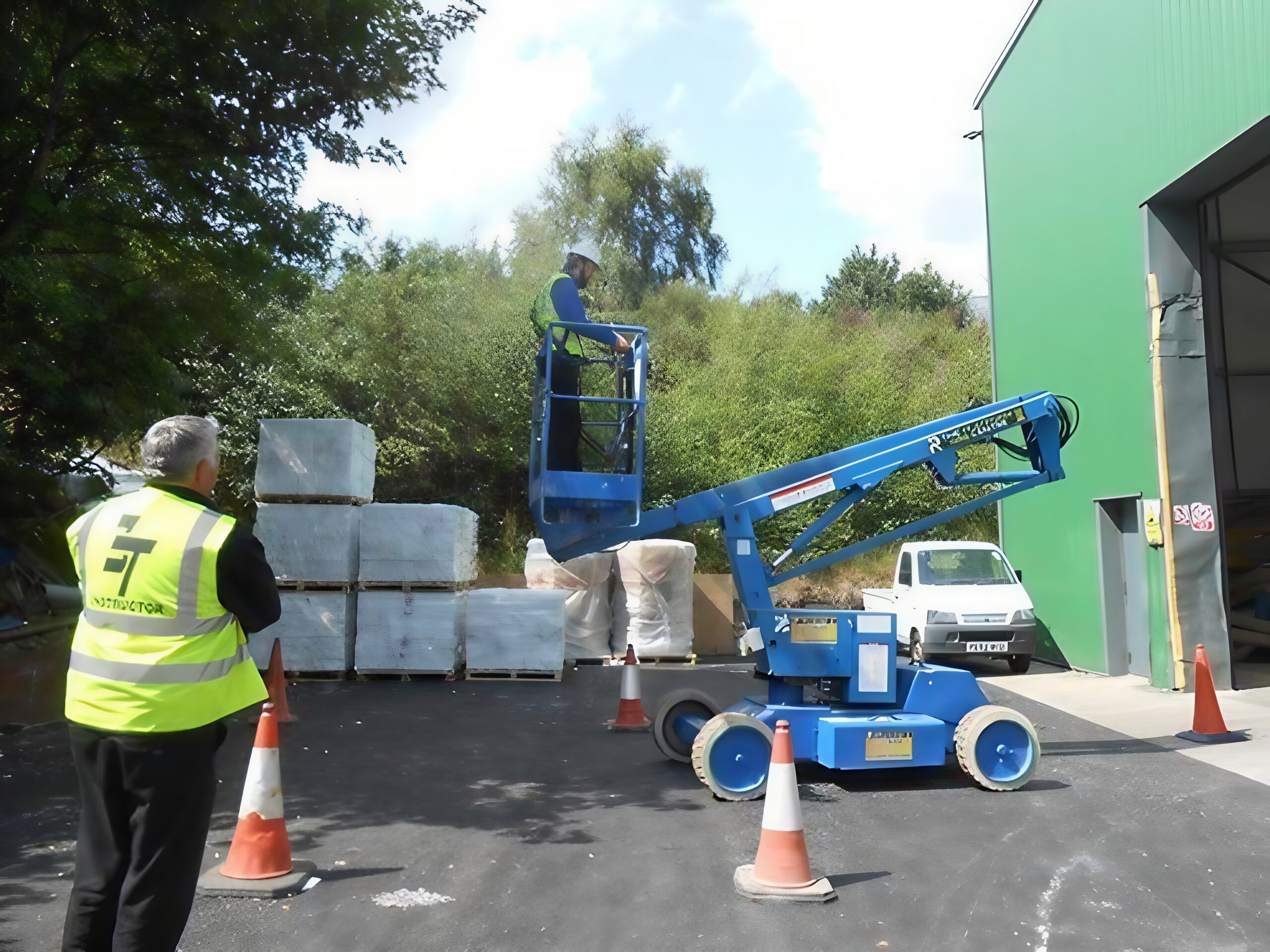In todays corporate landscape, sustainability reporting has evolved from a voluntary disclosure to a critical business imperative.
As organizations grapple with increasingly complex Environmental, Social, and Governance (ESG) requirements, the traditional approach to sustainability reporting is no longer sufficient.
The convergence of stringent regulatory frameworks, heightened stakeholder expectations, and the need for real-time insights demands a revolutionary solution. Enter the era of AI-powered sustainability reporting.
The Growing Complexity of Sustainability Reporting
Sustainability professionals face unprecedented challenges in collecting, validating, and reporting ESG data. Manual processes are not only time-consuming but also prone to errors and inconsistencies. With frameworks like GRI and SASB requiring granular data points and evidence-based reporting, organizations need sophisticated tools to ensure accuracy and compliance.The stakes have never been higher.
The Corporate Sustainability Reporting Directive (CSRD) and evolving ESG regulations require organizations to provide detailed, verifiable sustainability disclosures. Stakeholders demand transparency, while boards expect actionable insights for strategic decision-making. This complex landscape calls for a fundamental shift in how we approach sustainability reporting.
The AI Revolution in Sustainability Assessment
Artificial Intelligence is transforming sustainability reporting from a retrospective exercise into a dynamic, forward-looking process. SALI (Sustainability Assessment Reporting and Learning Intelligence) stands at the forefront of this revolution, offering an AI-powered solution that automates sustainability assessments while driving unprecedented efficiency and insight.
Redefining Efficiency Through Automation
SALI’s AI-driven approach delivers remarkable results:
· 70% reduction in assessment times
· 30% improvement in operational efficiency
· Automated compliance with international standards
· Real-time data processing and validation
This efficiency isn’t just about saving time—it’s about reallocating valuable resources from data collection to strategic initiatives that drive sustainable performance.
Beyond Data Collection: Intelligent Insights
What sets SALI apart is its ability to transform raw data into actionable intelligence. The platform’s advanced AI and Machine Learning capabilities:
· Analyze complex sustainability data patterns
· Generate comprehensive performance insights
· Provide automated benchmarking against industry standards
· Deliver clear, compelling sustainability narratives
Guaranteed Compliance Through Smart Technology
In an era of increasing regulatory scrutiny, SALI ensures compliance by:
· Automatically reviewing evidence against required standards
· Generating reports that meet international requirements
· Aligning activities with UN Sustainable Development Goals
· Maintaining up-to-date compliance with evolving regulations
The Technology Advantage
SALI’s cutting-edge technology goes beyond static reporting tools. Its advanced AI engine:
· Processes and validates data in real-time
· Identifies patterns and trends in sustainability performance
· Generates predictive insights for future planning
· Provides automated benchmarking against industry peers
Smart Report Generation
SALI transforms complex data into compelling narratives that resonate with stakeholders. The platform:
· Creates detailed sustainability reports automatically
· Highlights key performance indicators and trends
· Generates visualizations that communicate impact effectively
· Produces customized reports for different stakeholder groups
Continuous Improvement Through Learning Intelligence
SALI’s learning capabilities ensure organizations continuously enhance their sustainability performance:
· Identifying areas for improvement
· Suggesting targeted interventions
· Tracking progress against goals
· Adapting to new sustainability challenges
Future-Proofing Your Sustainability Program
As sustainability reporting requirements continue to evolve, SALI provides a future-proof solution that:
· Adapts to new reporting frameworks
· Scales with organizational growth
· Incorporates emerging sustainability metrics
· Maintains compliance with changing regulations
The Path Forward
The future of sustainability reporting is here, and it’s powered by artificial intelligence. Organizations that embrace this transformation will not only improve their reporting efficiency but also gain valuable insights that drive sustainable performance.
SALI represents more than just a reporting tool—it’s a comprehensive solution that transforms how organizations approach sustainability assessment and reporting. By automating complex processes, providing actionable insights, and ensuring compliance, SALI empowers organizations to focus on what matters most: driving meaningful sustainability impact.
Taking Action
As you consider the future of your organization’s sustainability reporting:
1. Evaluate your current reporting processes and efficiency gaps
2. Consider the strategic value of AI-powered sustainability assessment
3. Explore how automated solutions can enhance your compliance efforts
4. Think beyond reporting to focus on performance improvement
The transition to AI-powered sustainability reporting isn’t just about keeping pace with technology—it’s about leading the way in corporate sustainability. With SALI, organizations can transform their sustainability reporting from a compliance exercise into a strategic advantage.
Are you ready to revolutionize your sustainability reporting? Discover how SALI can transform your organization’s approach to ESG assessment and reporting.
Start your journey now: sali-ai.com

